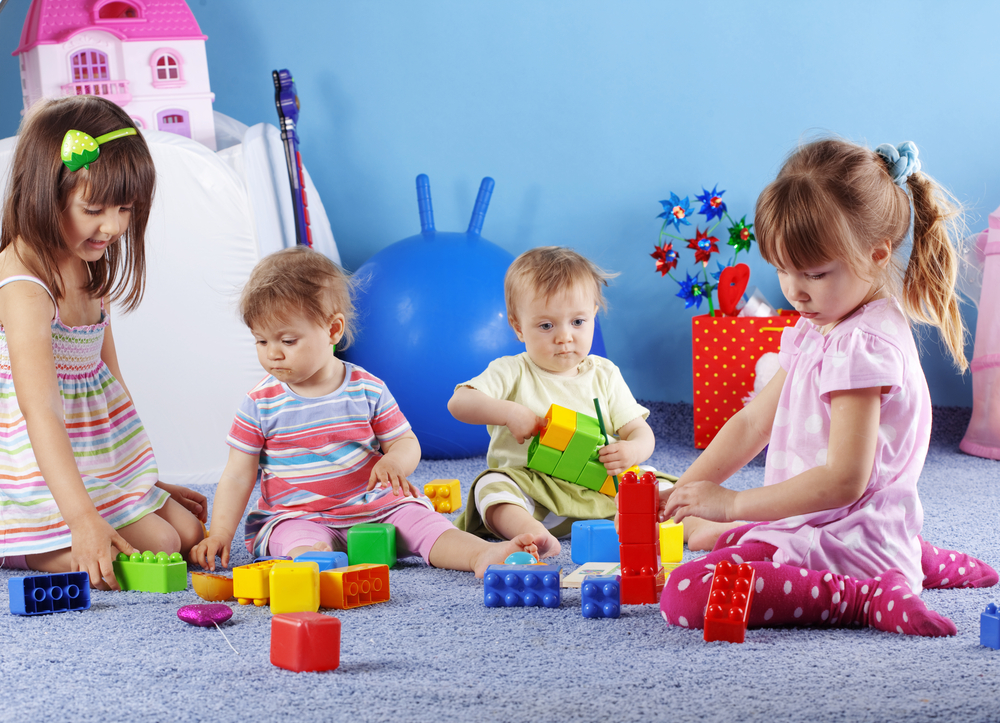
Child development is a complex and fascinating process that involves the growth and maturation of a child's physical, cognitive, and emotional abilities. Of course, toys are essential to childhood, but they're more than just objects to keep children entertained. Toys can play an essential role in developing social skills, such as communication, empathy, and cooperation.
While many factors contribute to a child's development, play is undoubtedly one of the most critical components. As children play with toys, they engage in imaginative and interactive activities that allow them to explore different roles and relationships. Through this exploration, they learn to navigate social situations and develop the skills to form and maintain positive relationships. Here are five roles toys play in building social skills in children.
- Toys Encourage Social Interaction
Toys are essential tools for encouraging social interaction in children. Toys designed for multiple players, such as board games or building sets, require children to interact to achieve a common goal. Through this interaction, children learn essential social skills such as cooperation, negotiation, and communication. - Toys Develop Empathy
The ability to empathize is the ability to understand and share the feelings of another person. Toys can be a valuable tool for developing empathy in children. Dolls and stuffed animals, for example, allow children to practice caring for others and imagining what it might be like to be in someone else's shoes. By playing with toys that represent different characters and situations, children can develop a greater understanding of the emotions and experiences of others. - Toys Foster Imagination
Imagination is a critical component of social development. It allows children to create and explore new ideas and scenarios, which in turn helps them to develop empathy and problem-solving skills. Toys that encourage imaginative play, such as dress-up clothes or pretend play sets, can help children to develop their creativity and social skills. - Toys Build Confidence
Confidence is a vital component of social development. Children who feel confident in their abilities are likelier to engage with others and take risks in social situations. Toys can help to build confidence by providing opportunities for children to practice new skills in a safe and supportive environment. For example, building sets can help children develop spatial reasoning and problem-solving skills, which can increase their confidence in social situations. - Toys Teach Social Rules
Social rules like taking turns and sharing are essential for successful social interactions. Toys can be an effective tool for teaching these rules in a fun and engaging way. Board games and other games that require turn-taking, for example, can help children to learn the importance of waiting their turn and following rules. Toys that encourage sharing, such as play kitchens or art sets, can also help children to understand the value of sharing and cooperation.
Toys play a critical role in building social skills in children. Through social interaction, imaginative play, and the development of empathy and confidence, toys can help children to develop the skills they need to navigate the complex social world around them.
Parents and caregivers must choose appropriate toys for a child's age and developmental stage and provide play opportunities that encourage social interaction and skill-building. Doing so can help our children develop the social skills they need to succeed in life.
